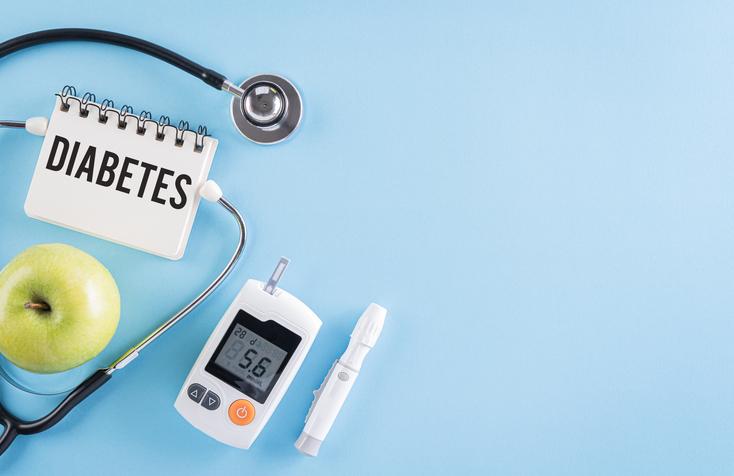
Experts extend recommendations for SGLT-2i and GLP-1 RAs
Practice Nurse 2025;55(5):6
SGLT-2 inhibitor and GLP-1 receptor agonist drugs should be used in all or almost all adults with type 2 diabetes at higher risk of cardiovascular and kidney complications, and in the majority of adults at moderate risk of complications, say a panel of international experts in The BMJ.
The recommendations support the latest update to the NICE guideline on type 2 diabetes (see Guideline in a Nutshell: Game-changing update to NICE guideline on type 2 diabetes).
For adults with diabetes and chronic kidney disease at higher risk of complications, the expert panel suggests using finerenone (as benefits are more likely to outweigh the risks), but not for those at moderate risk of complications.
For adults with diabetes and obesity, they emphasise the importance of weight loss alongside cardiovascular and kidney risk reduction and suggest use of tirzepatide, irrespective of the patient’s risk of cardiovascular and kidney complications, given its superior effects on weight loss.
However, they note that when choosing between GLP-1 receptor agonists and tirzepatide, clinicians should weigh the higher certainty of cardiovascular and kidney benefits (offered by GLP-1 receptor agonists) against larger weight loss benefits (offered by tirzepatide) based on a patient’s risk profile.
For adults at higher risk of cardiovascular and kidney complications, tirzepatide should generally not replace drugs that are effective in reducing these risks.
This living practice guideline is based on the latest evidence and is part of The BMJ’s ‘Rapid Recommendations’ initiative to produce rapid and trustworthy guidance based on new evidence to help clinicians make better decisions with their patients.
The recommendations are based on a systematic review meta-analysis of evidence from nearly half a million adults with type 2 diabetes across 869 randomised controlled trials, covering 63 medications and 26 outcomes.
Agarwal A, et al. BMJ 2025;390:e082071 https://www.bmj.com/content/390/bmj-2024-082071
Related news
View all News